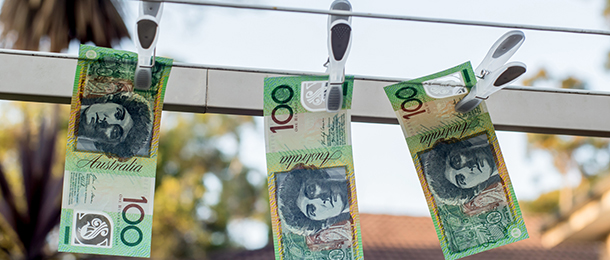The federal government will push ahead with the proposed Division 296 tax, having committed to it during the election campaign and basing many of its policy promises on the revenue that will come from it, a senior technical specialist has claimed.
CFS head of technical services Craig Day said both Prime Minister Anthony Albanese and Treasurer Jim Chalmers confirmed during the latter part of the campaign that if returned, the government was committed to the Division 296 bill, even though it had been previously been blocked in the Senate.
“When you understand the context of what the government is saying, it’s quite interesting because if you look at the Parliamentary Budget Office’s estimation of the amount of tax it is going to make out of this particular measure, we can see they are expecting to take in $300 million in the first year, and within a decade they are looking to make $7 billion a year out of this particular tax,” Day said in a briefing to financial advisers today.
“If they walked away from that particular commitment [to the bill], it would put a huge hole in their election promises funding, so they’re always going to remain committed.”
He added there was uncertainty around the contents of a reintroduced bill and if it would still tax earnings on the proportion of assets of a total super balance over $3 million, and whether that threshold would be indexed, but these changes would have revenue and political downsides.
“The government could listen to what the previous parliament said and redesign the bill and there’s been lots of suggestions to get rid of the earnings calculation because it taxes unrealised capital gains,” he said.
“They could also delay the start date [of 1 July] for an extra 12 months to get everyone ready and able to facilitate any changes. That would obviously have a revenue impact.
“They could just forge ahead and implement the rules as they currently are now, but that would require the support of the Greens, who have generally supported the Division 296 tax, but want changes to reduce the $3 million threshold down to $2 million, which captures more people in this particular revenue measure.
“It may be the Greens wouldn’t like the government moving to a deemed earnings model and want the existing model because of the revenue that would be raised.”
Secure a seat at the SMSF Professionals Day 2025 to find out in person how the federal election will impact the sector. Please visit www.accurium.com.au/smsf-professionals-day/ to register.




